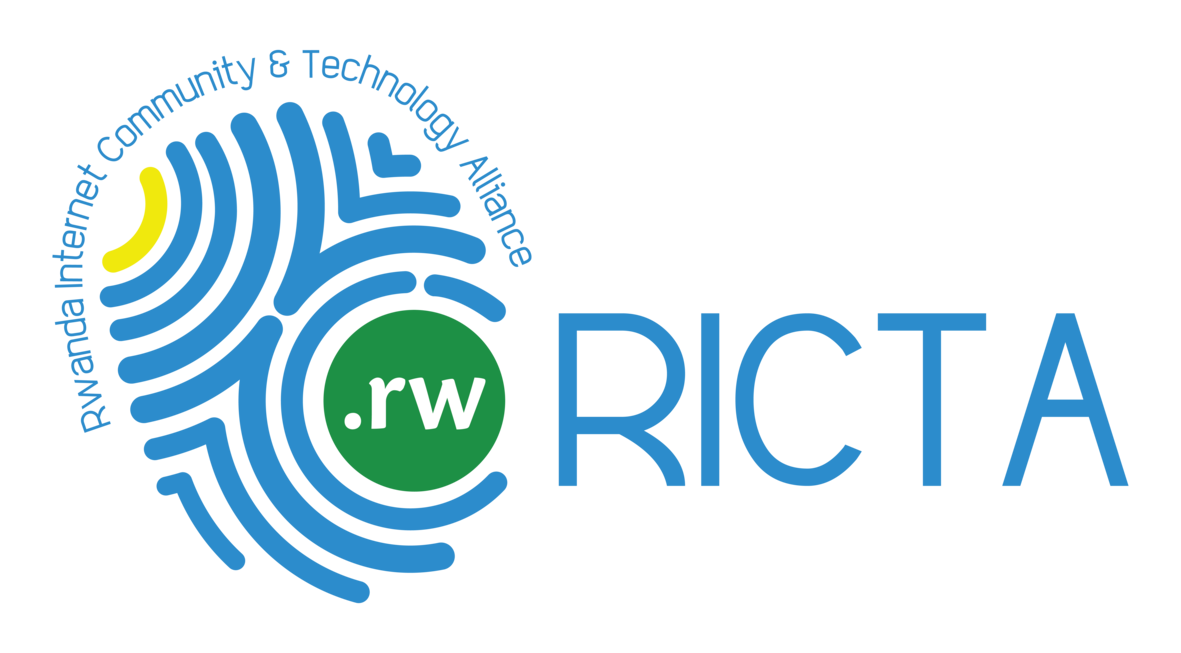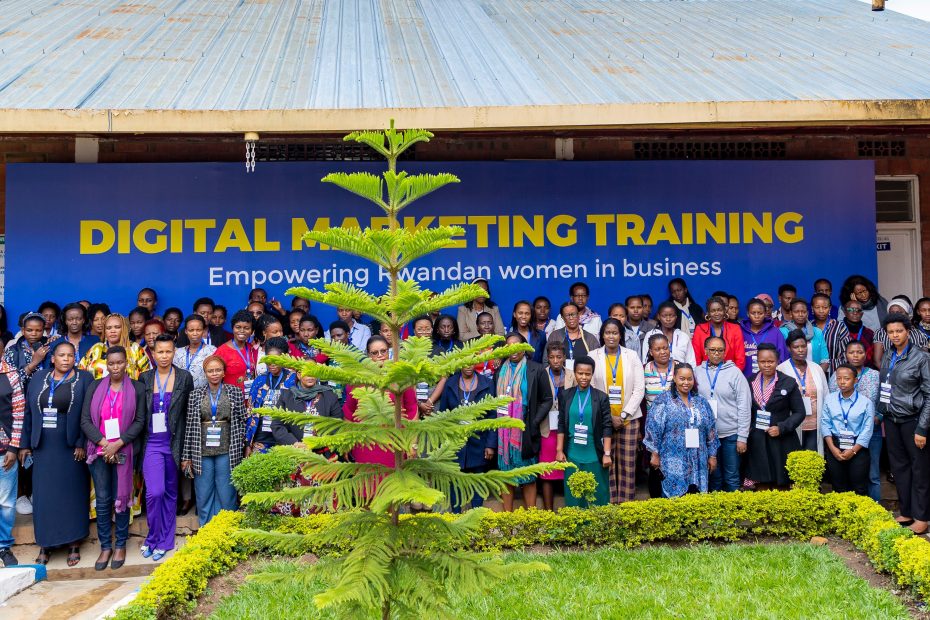Empowering Women Entrepreneurs with essential digital skills
When Ms. Francine Zahabu, the founder of Fraza Fashion Design, started a business dedicated to crafting and retailing clothing for children and women, she had a smartphone and access to the Internet, but she lacked the knowledge to leverage them for marketing and growing her business.
Her journey took a transformative turn when she enrolled in the Digital Marketing Training for Women in Business, a program spearheaded by the Rwanda Internet Community and Technology Alliance (RICTA) and GIZ. This program focuses on equipping Rwandan women in entrepreneurship with digital skills in order to meet the growing demand for technology and innovative skills in doing business online and developing digital solutions.
In fact, many Rwandan companies face a gap in adopting online operations, which hinders the potential benefits of e-business. Limited knowledge and skills result in businesses sticking to traditional methods, and missing out on opportunities to enhance operations and reach global markets.
Ms. Zahabu, a participant in the second cohort of the program held at UNILAK from November 13 to 17, is among the 125 women entrepreneurs who benefited. The program focuses on micro-SMEs owned by Rwandan women whose businesses currently rely on traditional methods and have limited or no online presence for their products or services. The program aims to help them leverage digital marketing strategies to enhance their growth and success.
Zahabu shared that since joining the training, she has acquired the skills to effectively utilize her smartphone and Internet to advertise her products and expand her clientele reach.
“I now know how to use WhatsApp Business. When people view my profile, they can learn about my profession, my location, and the hours when I’m available. I’ve also figured out how to link WhatsApp with Facebook and Instagram, allowing me to share content seamlessly across all platforms,” she explained.
Besides that, Zahabu said she has also acquired the skill of creating designs and posters using Canva, an online graphic design platform that is used to create social media graphics and presentations, to promote both her business and clothing line, adding that she currently has a Google profile, which she believes will help her products reach a wider audience.
In describing the training process, Ms. Zahabu said that the facilitators allow trainees to practice independently until they achieve proficiency.
She added, “I thank the organizers of this training as it has broadened our perspective, revealing that our businesses have the potential to transcend local boundaries. This program has empowered women and made us feel exceptionally capable.”
This is further emphasized by Mr. Samuel Niyibizi Benegusenga, a trainer in the program, who noted that a number of participants initially lacked familiarity with social media and online business opportunities, adding that the training has played a crucial role in expanding their comprehension of the potential possibilities.
The program teaches both theory and practical skills by having trainees participate in real business projects. Weekly reports help ensure a good grasp of hands-on skills and their effective use in business operations.
He continued, “The training aims for participants to apply the skills acquired in their day-to-day business operations. My expectations at the end of this training are that women with physical shops will also use the skills learned in marketing and selling their product online, and those with service businesses to do the same.”
RICTA’s Business Development Manager, Mr. Geoffrey Karegeya, shared that the program also included understanding their target market, customer retention in the online sphere, social media management, and the use of smart online tools to stay competitive.
The initiative’s huge ambitions
In collaboration with RICTA’s partners, the Digital Marketing Training for Women in Business aims at scaling this initiative country-wide with a target to train more women and youths who own businesses or startups.
This initiative is particularly important given the status of SMEs in Rwanda. According to the Rwandan Ministry of Trade and Industry (MINICOM), 98% of businesses are considered to be SMEs, contributing 41% of all private-sector jobs in Rwanda.
Furthermore, the 2023 Data Reportal Report disclosed that out of a total population of 13.11 million, there were 4.25 million Internet users—a 30.5 % Internet penetration with Social media users being 800.7 thousand, representing 5.7% of the population. This trend underscores an opportunity for SMEs to leverage online platforms to reach new customers and grow their businesses.
According to RICTA, all participants completing the Digital Marketing Training for Women in Business are anticipated to establish their online business channels successfully with the support of RICTA’s accredited registrars. They are also expected to achieve stability in managing their businesses by leveraging various digital tools and techniques available online. At the end of the training program, RICTA’s partners will work closely with trainees thus facilitating them to have websites and establish other online channels to grow their business in Rwanda and beyond.




